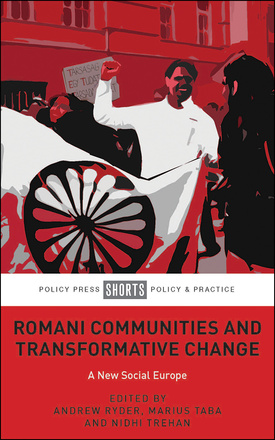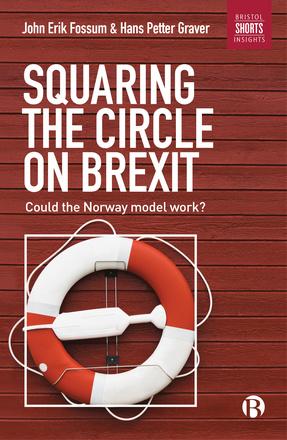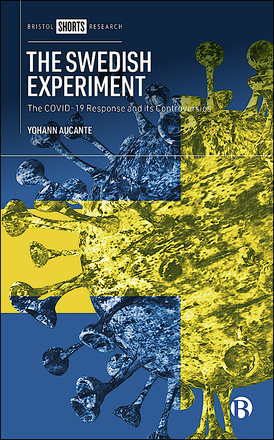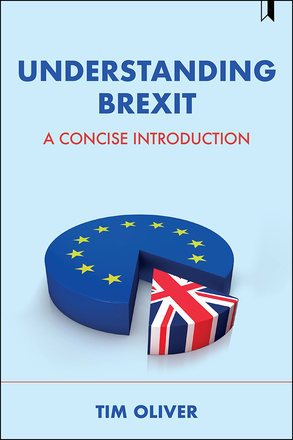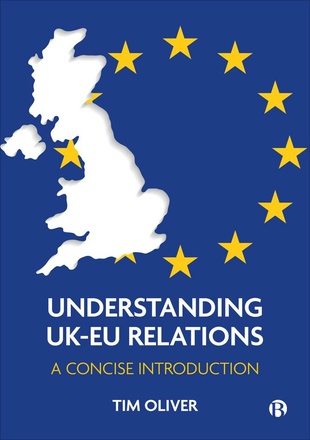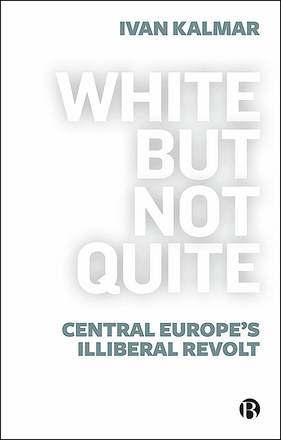POLITICAL SCIENCE / World / European
Romani Communities and Transformative Change
A New Social Europe
Drawing on Roma community voices and expert research, this book challenges conventional discourses on Romani identity, poverty and exclusion. Through the transformative vehicle of a ‘Social Europe’, it presents new strategies for framing social justice for Romani communities across Europe and provides innovative solutions to these dilemmas.
Squaring the Circle on Brexit
Could the Norway Model Work?
Two preeminent Norwegian scholars of politics and law offer a comprehensive first-hand account of Norway’s relationship with the EU and how this affects the country’s legal and political system, setting out what Britain can learn from Norway’s experience and how transferable these lessons are.
The Swedish Experiment
The COVID-19 Response and its Controversies
This short book explores Sweden’s response to the global pandemic and the wave of controversies it triggered. It helps to make sense of the response by defining ‘a Swedish model’ that incorporates the country’s value system and offers a case study for understanding the ways in which different national approaches to the pandemic have been compared.
Understanding Brexit
A Concise Introduction
Provides a concise introduction to the past, present and future of one of the most important and controversial topics in modern British politics, setting out in a clear and accessible way many of the fundamentals for understanding why Britain voted to leave the European Union and what happens next.
Understanding UK-EU Relations
A Concise Introduction
This new edition of the previously published Understanding Brexit provides a comprehensive yet accessible account of the UK’s relationship with the EU, including the challenges faced by both state and society in the aftermath of Brexit.
White But Not Quite
Central Europe’s Illiberal Revolt
The response to neoliberal globalisation in Central Europe has led to populism arising from its brutal transition to capitalism. Kalmar uses examples from popular culture to sport to reject as racist the idea that Central Europe’s cultures are incompatible with liberal democracy.







